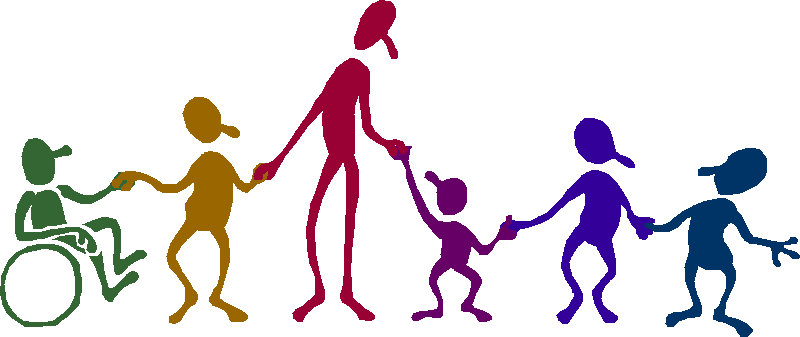What Words Can Really Mean
- Valarie Gold
- Oct 15, 2015
- 3 min read


As 2016 U.S. president candidates are currently coming closer to elections, word choice in their public interactions is becoming more important now than ever. And not just towards other politicians, but the people who democratically are most the important: U.S. citizens. Citizens of all races and all life, including those with disabilities. 2 years ago, Republican party member Ann Coulter posted a tweet that was offensive to the point where one day later, John Franklin Stephens published an open letter regarding her use of the word "retard". Stephens reads his open letter in this video:
As Stephens mentions, he is a Special Olympics athlete and global messenger. His open letter was also published on the Special Olympics blog. This was not the first of Stephen's writings on the word "retard". He also wrote on Denverpost about how the word
"means that the rest of you are excluding us from your group. We are something that is not like you and something that none of you would ever want to be. We are something outside the 'in' group. We are someone that is not your kind"
(see full post here). Using offensive words to separate others, usually of minority, is an incredibly common and unfortunate occurance. For those with disabilities, visible or not, the way others treat them as individuals or groups is no less important or impactful as the treatment of other minorities. Stephens is one of many people speaking out and tackling the hurt that comes from"retard" and other silmilar deragotory words.

“Because the word has become a casual description of anything negative or flawed, ‘retarded’ is no longer considered an appropriate way to describe people with intellectual disabilities. And any use of the word, even when used as slang and not intended to be offensive, is hurtful - because it will always be associated with people who have disabilities.”
-Sara Mitton, Board Member, Treasure Valley Down Syndrome Association
see r-word.org
The words are not only single word phrases like “retard” or “freak or “spaz” but they are also the assumptions made in how people talk about disabled persons in general. Tone in the way people approach others or the ignoring of what it means to be discriminated against are also factors in how words can be interpreted into what they may really mean in the context of others lives. In the social media hashtag #heardwhistdisabled, people are raising awareness of the worst things they’ve heard about how people insult others with disabilities.
As Stephens and these other campaigns point out, just because someone has a disability does not mean they aren’t aware of your actions or the things you say towards them. We’ve all heard of the golden rule “treat others how you’d want to be treated”. Just because you think someone is mentally or physically different from you does not mean they are incapable of feeling the pain you may cause by things you say or do towards them. Considering these factors can help individuals decide not only their opinions on political candidates but the people they surround themselves with. Recognizing the issue is the first step, reaching out to others to take a stand and change the issue is next.
Getting Involved
Word choice is something that every single one of us can do. It does not take much time at all to think about what a word can actually mean to someone else, and just how much that word can hurt. Simply thinking about the impact and the perspective of others can create a significant amount of respect. When you refer to something as “retarted” or when you see someone and say “that kid is a retard”, think about the impact you’re making and the validation you’re causing that will only lead to more distress to others. And it doesn’t end with you. Do not be afraid to encourage others to think about the words they use. We have the power to impact one another, and it can be as simple as saying “hey, you’re offending me and many others when you say that” or by taking a pledge personally/online and sharing your thoughts about the situation on social media.
Take the opportunity to advocate the anti r-word campaign by tweeting and encouraging others to tweet:
"I pledge #Respect thru my words & actions.”
The Association of University Centor on Disabilites (AUCD) talks how people can talk about others with disabilities in non-offensive ways here. AUCD also includes People First Language (PFL) terms. These terms advocate for people to come first before the words used to describe them, particularly disability.

























Comments